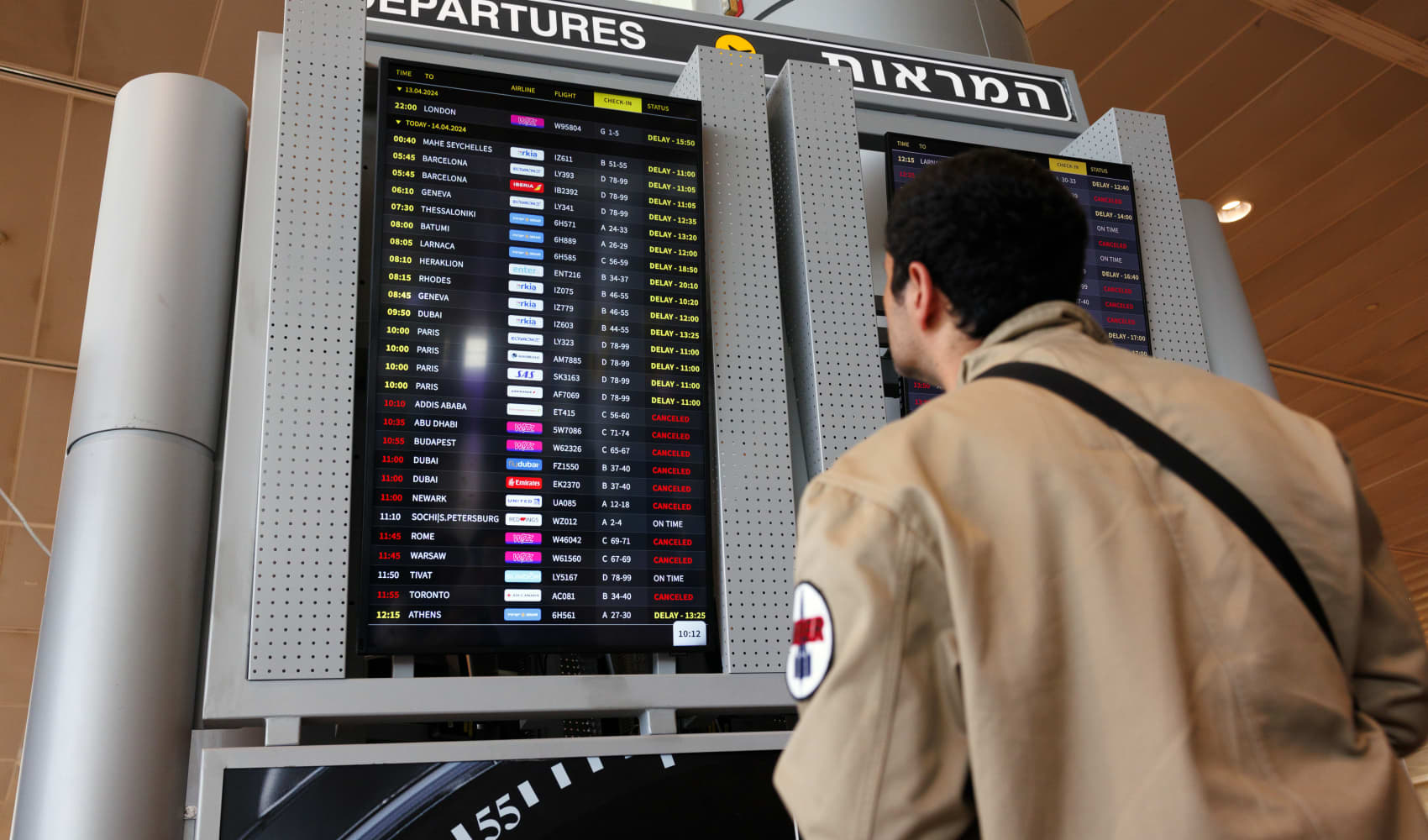
- Hong Kong-listed casino and tech stocks rose. Property shares however went against the wider trend, as Sunac plummeted nearly 20% and Shimao lost 7%.
- The yen was in focus for investors, trading at 123.73 per dollar as it continued to weaken — hovering near a six-year low.
- Oil prices slumped overnight on demand concerns arising from a new lockdown in Shanghai, diving more than 8%.
- Bitcoin broke past the key level of $45,000 overnight and erased its losses for 2022.
SINGAPORE — Stocks across Asia-Pacific rose, following a tumble in oil prices overnight. Bitcoin meanwhile surged past a key level, and the yen's sharp decline sparked alarm.
Hong Kong's Hang Seng index jumped 0.91% in the last hour of trade, as casino and tech stocks rose. Among the biggest gainers was JD Health, which soared more than 16%, after it said Monday it would conduct a share buyback of up to 3 billion Hong Kong dollars over a 24-month period.
Property shares however went against the wider trend, as Sunac plummeted around 18% and Shimao lost over 9%. China's CSI real estate index lost as much as 2% earlier, but pared some losses to decline 1.4%.
Get Southern California news, weather forecasts and entertainment stories to your inbox. Sign up for NBC LA newsletters.
Sunac late Monday said it would halt trading from April 1, days after it said it would delay reporting its 2021 financial results and joining a growing list of Chinese developers who are not able to release earnings on time.
Mainland China shed earlier gains, with the Shanghai composite inching down 0.33% to close at 3,203.94, while the Shenzhen component slid 0.46% to 11,895.08.
Japan's Nikkei 225 closed 1.10% higher to 28,252.42, while the Topix rose 0.93% to 1,991.66. Tech stocks were up, with Sony rising 1.81% and SoftBank Group up 1.89%.
Money Report
Australia's S&P/ASX 200 jumped 0.7% to 7,464.30, as bank stocks rose. However, some miners and oil stocks declined, bucking the trend. South Korea's Kospi was up 0.42% to close at 2,741.07.
Australia reported retail sales for February, which beat expectations, jumping 1.8% from January to hit $33.1 billion Australian dollars ($24.8 billion). That beat forecasts of a 1% gain, according to a Reuters poll.
MSCI's broadest index of Asia-Pacific shares outside Japan rose 0.66% in the afternoon.
Yen's sharp decline
The yen was in focus for investors, after the Bank of Japan's offer Monday to buy unlimited amounts of 10-year JGBs at 0.25% for the first four days of this week. The yen fell and was last trading at 123.59 per dollar as it hovered near a six-year low.
The yen weakness sparked comments from Japanese officials on Tuesday, with Finance Minister Shunichi Suzuki saying Japan will carefully watch foreign exchange moves to avoid "bad yen weakening," Reuters reported.
"The Japanese yen remains the main story in FX land with USD/JPY extending its vertical rise over the past 24 hours," wrote Rodrigo Catril, senior foreign exchange strategist at National Australia Bank in a Tuesday note.
One big factor of recent yen weakness had been the Bank of Japan's yield curve control (YCC) policy which has confined the 10-year Japanese government bond (JGBs) rate to within a 0.25% range, even as core global bond yields have risen, Catril explained. That policy entailed keeping its 10-year government bond yield around or near zero.
Markets were wondering if commitment to that policy was "wavering" amid concerns over rising inflation, Catril said. But the central bank's move to buy the JGBs "sent a strong signal that YCC is here to stay for a while yet."
That pushed the yen to a seven-year low of 125 against the dollar on Monday, but it later regained some ground to a six-year low of 124, according to Reuters.
"The affirmation of its YCC commitment, triggered an aggressive yen selling with USD/JPY rising to a high of ¥125.09, before easing down to ¥123.87 currently," Catril said Tuesday morning.
"Expect the Bank of Japan to keep buying unlimited bond to cap the [10-year] JGB yield at the 0.25% limit under the yield curve control framework," DBS foreign exchange strategists Eugene Leow and Philip Wee said in a note.
Oil prices slump
Oil prices slumped overnight on demand concerns arising from a new lockdown in Shanghai, diving more than 8%.
"Shanghai accounts for 4% of China's total oil consumption. Markets are fearing the outbreak could ultimately put under threat the 15.5 [million barrels per day] of oil the country consumes," said ANZ Research analysts Brian Martin and Daniel Hynes.
Prices pared some declines in the afternoon of Asia trade, with U.S. crude futures slipping 0.22% to $105.71, and Brent crude futures were little changed at $112.32 per barrel.
Currencies
Bitcoin broke past the key level of $45,000 overnight and erased its losses for 2022, jumping as high as 6.7% to $47,914.35. During Asia trade, it reversed earlier gains to last decline about 1% to around $47,516, according to Coin Metrics.
The U.S. dollar index, which tracks the greenback against a basket of its peers, was at 98.988 — falling back from levels around 99 earlier.
The Australian dollar was at $0.7508, a touch stronger than levels around $0.74 earlier.
— CNBC's Arjun Kharpal contributed to this report.






